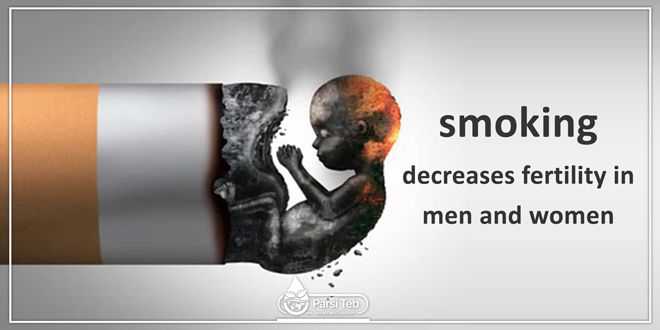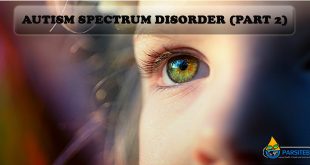If you’re looking to make a baby, you might want to put out your cigarette before getting down to business: There’s now more evidence linking smoking with decreased fertility in men and women — and their offspring.
A new study shows smoking by women during early pregnancy reduces the number of germ cells in the . Germ cells later develop into eggs or sperm, so this reduction has the potential to reduce the baby’s future fertility.
And men who smoke develop an imbalance in their levels of a protein, called protamine, that is vital to sperm fertility, another new study suggests.
Practicing Certain Poses Creates a Sense of Power High Blood Pressure in Pregnant Women Linked to Sleep U.S. to Apologize for Infecting Guatemalans with STDs ‘Boob Job in a Bottle’ Makes Busty Claims The findings fall in line with past studies on the effects of smoking and secondhand smoke on fertility, researchers say. Research from the University of Buffalo in 2005 showed male smokers’ sperm had a more difficult time binding to an egg than non-smokers’ sperm. And research from the University of Rochester in 2008 showed that women who had been exposed to secondhand smoke as children or young adults were more likely to have trouble getting pregnant.
Germ cell study researcher Claus Yding Andersen of the University Hospital of Copenhagen said more research is needed to demonstrate whether the reductions in germ cells are permanent or are compensated for later in the pregnancy. Either way, he told MyHealthNewsDaily, “If women plan to get pregnant, this should be an incentive to quit smoking.”
Fertility going up in smoke
For male embryos, the number of germ cells was reduced by more than half when their mothers smoked during the first trimester of pregnancy, compared with mothers who didn’t smoke at all, said Andersen. For all embryos, the reduction in germ cells averaged 41 percent.
And the more a mother smoked, the greater the reduction in the germ cells of her embryo, he said.
“The effects probably start very early on, even before a lot of women even realize that they may be pregnant,” said Andersen, a professor of human reproductive physiology.
Most popular Mom hears late daughter’s heart beat — inside donee less than 1 minute agoPosts indicate student turned to staff before suicide Veteran’s family denied WH tour because of shorts Teen girl’s heart gives mom a second chance Student’s suicide probed as hate crime The Week in Pictures The study was based on examinations of the testes and ovaries of 52 embryos from women whose pregnancies were terminated, and on surveys of the women on their smoking and lifestyle habits.
Dad’s DNA
In men, smoking changes the way DNA is packaged in sperm cells. Because of this, their sperm have a decreased chance of fertilizing an egg. When fertilization does happen, the incidence of miscarriage is higher than it is in non-smokers, according to researchers.
Study researcher Mohamed Hammadeh, professor of obstetrics and gynecology at the University of the Saarland in Germany, told MyHealthNewsDaily that the effect is seen both in fertile men and in men who are having difficulty conceiving a child.
Men who plan to participate in vitro fertilization should stop smoking at least three months before the procedure, Hammadeh said.
Both studies were published Sept. 8 in the journal Human Reproduction.
 Parsi Teb Physical and Mental Health Journal
Parsi Teb Physical and Mental Health Journal 



